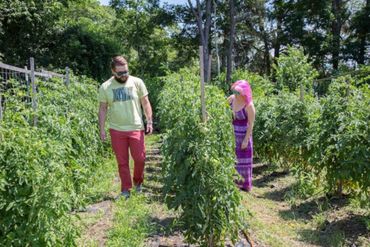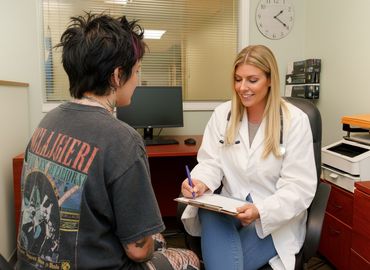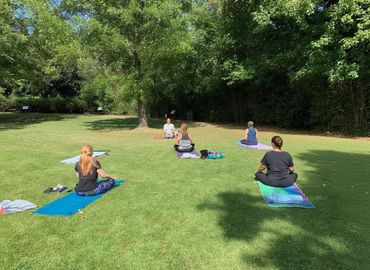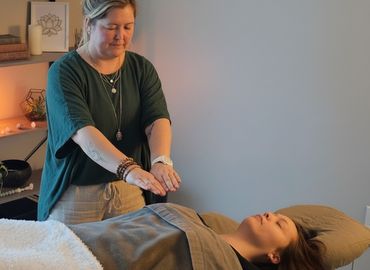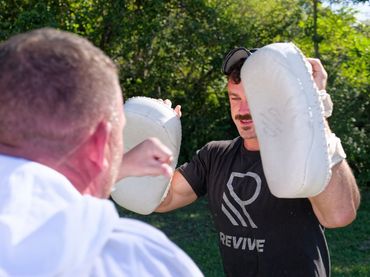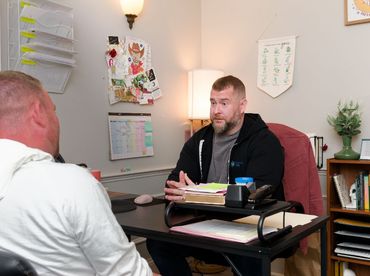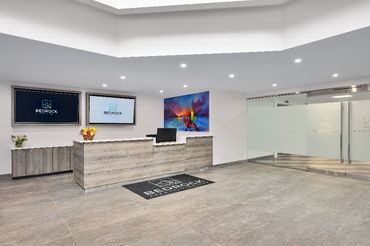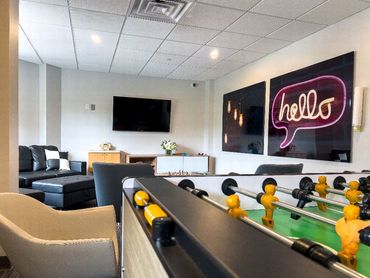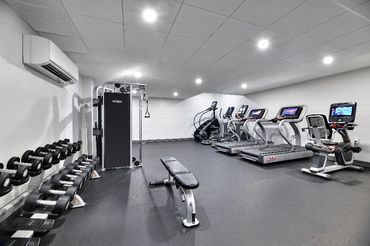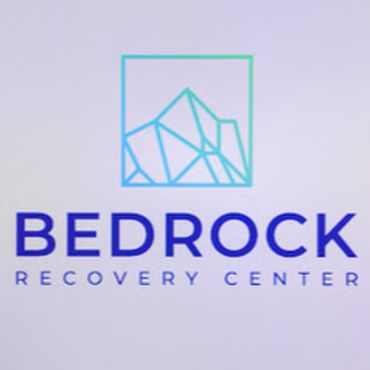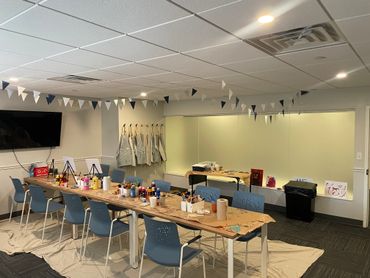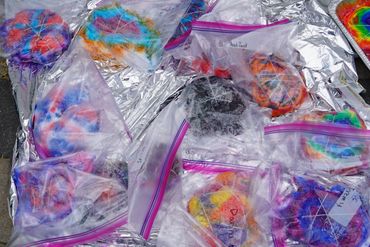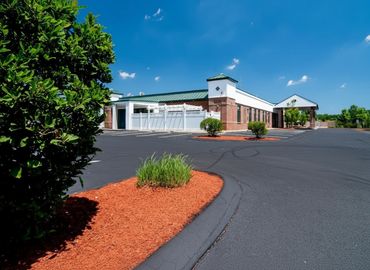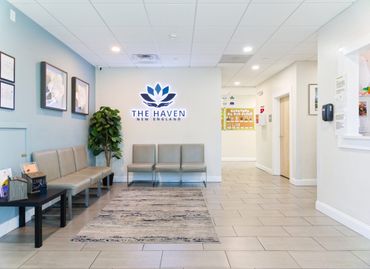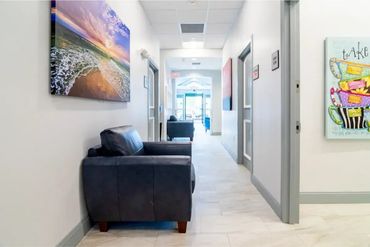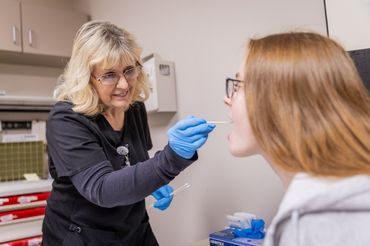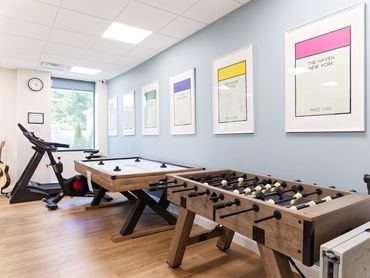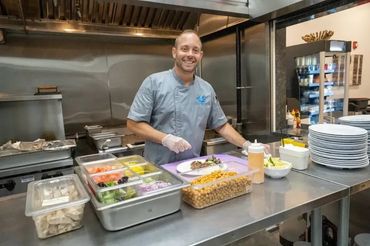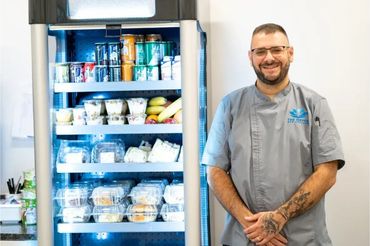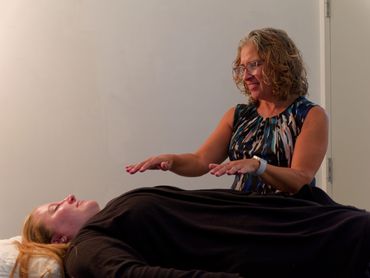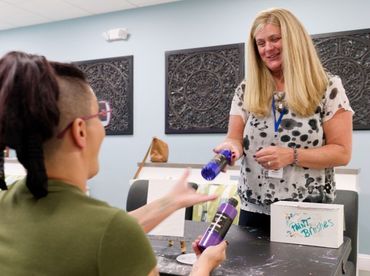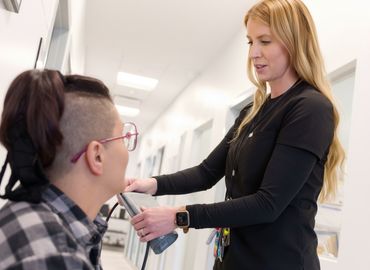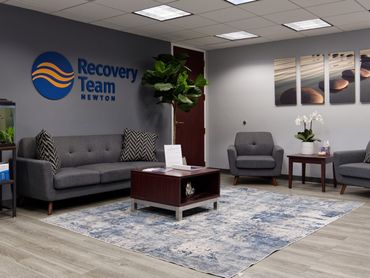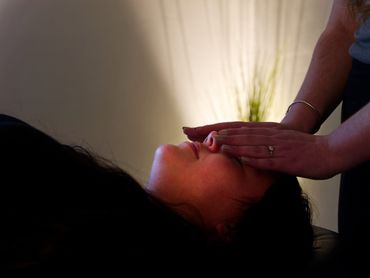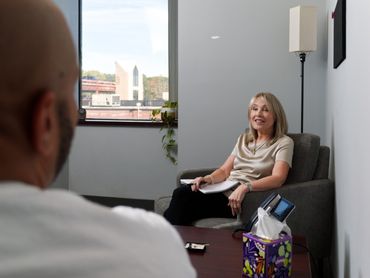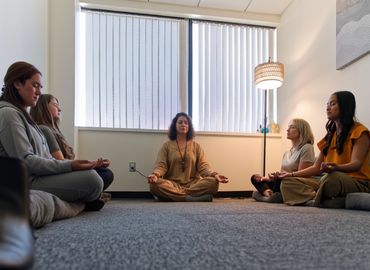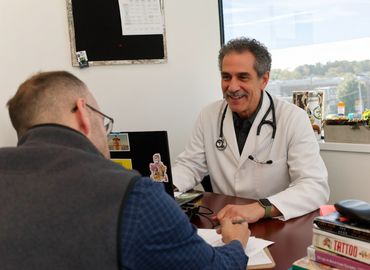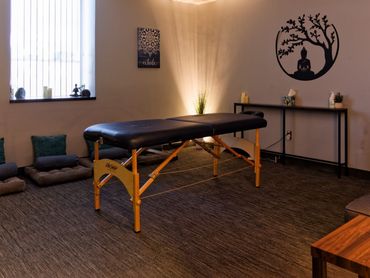
Drug & Alcohol Rehab Centers near South Kingstown, RI
Embarking on the journey to recovery from substance use disorder in South Kingstown, Rhode Island, is a crucial step, emphasizing the importance of understanding treatment options and payment avenues. Navigating the path to recovery involves informed decisions and personalized approaches to ensure a successful and sustainable healing process.
Treatment Centers near South Kingstown, RI

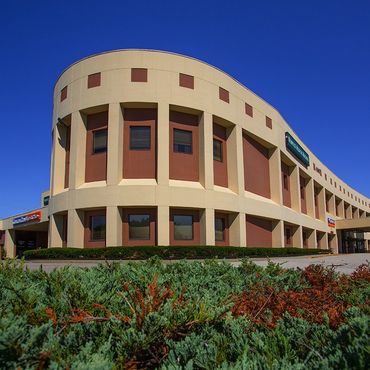

All Treatment Centers near South Kingstown, RI
Are You Covered For Treatment?
- Providence Rehabs
- Warwick Rehabs
- Pawtucket Rehabs
- Woonsocket Rehabs
- Cranston Rehabs
- Johnston Rehabs
- Middletown Rehabs
- Newport Rehabs
- North Kingstown Rehabs
- East Providence Rehabs
Information About Rehab in South Kingstown
Latest Reviews
Latest Reviews of Rehabs in Rhode Island
Butler Hospital
Not enough time with Assigned Doctor. Its like you have the cliff note version.
Gateway's Eastman House
I entered Eastman house March 3rd 2011 completed the program June 3rd 2011 I am still clean and sober as of this date I found this treatment center to give me the foundation of safety education on substance abuse one on one counseling transportation to and from daily Na and AA meetings I found staff to be fully educated in the substance abuse area and fully cooperative for mine needs not only for my inpatient residence but for my aftercare therapy in which they offered they also provided Ways and Means for insurance snap insurance and things that I would need to step out back into the world I give this program a five star for the simple fact that I am still clean and sober and Eastman house Pawtucket Avenue is where I started my new life
AdCare Rhode Island
both my expereinces at adcare have been phenomenal and out of all the facilities i've been to this is the best one by far!
Area Information
Situated in the scenic state of Rhode Island, South Kingstown is characterized by its coastal charm, historic sites, and a vibrant community. With a diverse population around 32,0001 and a location that balances the tranquility of nature with urban amenities, South Kingstown offers a unique backdrop for residents and visitors alike.
Substance Misuse and Addiction in South Kingstown, Rhode Island
Substance abuse and addiction pose significant concerns, not only within South Kingstown but across the entirety of Rhode Island. According to the Rhode Island Department of Health, the year 2022 witnessed 435 overdose fatalities in the state.2
Drug and Alcohol Rehab
Rehabilitation facilities provide a range of options and programs to address addiction, supporting individuals on their journey to recovery. These programs are tailored to meet diverse needs, offering a variety of treatment approaches and therapeutic interventions.
What Happens in Drug and Alcohol Rehab?
Entering into rehab involves navigating through multiple stages of care, including detox, inpatient treatment, outpatient programs, and aftercare. Recognizing that each person’s journey is unique, rehab facilities offer different levels of care to meet individuals wherever they are in their recovery process.
Detox Programs
Detoxification, commonly known as detox, is an essential initial step in the treatment of substance abuse and addiction. These programs are medically monitored to ensure the safety of individuals undergoing withdrawal from various substances. In some cases, medications may be administered to alleviate the symptoms of withdrawal and provide a more comfortable experience. Medical supervision is crucial during detox as it helps manage potential complications that may arise during this challenging phase. The goal of detox is to rid the body of the harmful substances while addressing the physical and psychological aspects of withdrawal.
How Long Is Detox in Rehab?
The duration of detox varies depending on several factors, including the type of substance abused, the severity of the addiction, the individual’s overall health, and the presence of any co-occurring disorders. Typically, detox programs last between 3 to 7 days, although this timeframe may be longer for certain cases. The length of detox is tailored to each individual’s unique needs and circumstances.
Inpatient Drug and Alcohol Rehab
Inpatient treatment programs provide a structured and supportive environment for individuals seeking recovery from substance abuse. These programs typically involve a combination of individual and group therapy sessions, with a strong emphasis on addressing underlying issues contributing to substance use. Group therapy, in particular, fosters a sense of community and shared experiences among participants, promoting mutual support and accountability. In addition to addressing addiction, inpatient programs also focus on treating co-occurring mental health disorders that may be intertwined with substance abuse.
While 30-day inpatient programs are common, the duration of treatment may extend to 60 or 90 days based on individual needs and progress. The extended duration allows for a more comprehensive and sustained approach to recovery, addressing both the physical and psychological aspects of addiction.
Outpatient Drug and Alcohol Rehab
Outpatient treatment programs offer a more flexible approach to recovery, allowing individuals to live at home while attending scheduled therapy sessions and support groups. These programs often include individual counseling, group therapy, and educational sessions to address the multifaceted aspects of addiction. Tools for aftercare and relapse prevention are integral components of outpatient treatment, providing individuals with the skills and strategies needed to navigate the challenges of daily life without returning to substance use. Outpatient programs are suitable for individuals with a stable support system at home and those who do not require the intensive structure of inpatient care.
How Much Does Rehab Cost?
While the financial aspect of rehab can be daunting, it should not be a barrier to seeking help. Various options exist to make treatment affordable, such as:
- Payment Plans
- Government Grants and Scholarships
- Free Rehab
- State-Funded Rehab
Does Insurance Cover Drug and Alcohol Rehab?
Most insurance plans cover at least partial costs of rehab, offering a crucial financial support system for those seeking treatment for substance use disorders. Widely accepted drug rehab insurances include:
Finding The Best Rehab Center
South Kingstown, Rhode Island Drug and Alcohol Rehab Facilities
Navigate your path to recovery with ease through our rehab locator. This user-friendly tool empowers you to explore and discover nearby facilities, providing a comprehensive view of treatment options. Whether you’re seeking support in Rhode Island or considering treatment beyond state borders, our locator ensures you find the right facility to embark on your journey towards lasting recovery.
Sources
- United States Census Bureau. South Kingstown, Rhode Island. July 1, 2022.
- Rhode Island Department of Health. Overdose Fatalities. (n.d.).




